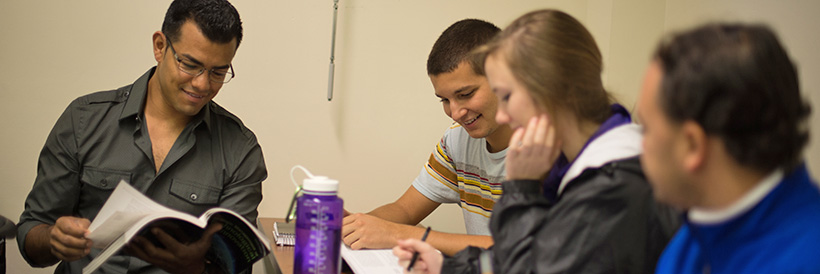
Letters praising good attendance, completing all assignments, and receiving A grades are generally not helpful. Many candidates for national scholarships will share these qualities. Reviewers are looking for more substantive information on the student’s potential as an outstanding scholar or a future leader in their field.
Tips and Suggestions
- Address your letter to the selection committee for the scholarship or fellowship they are applying for. (For example, "Dear Goldwater Scholarship Selection Committee.")
- Discuss how long you have known the applicant and in what context.
- Wherever possible, provide specific and detailed examples of what the applicant has done. Be careful of giving hyperbolic praise without evidence.
- Avoid listing academic information that is likely to be on the student's transcript (GPA, class rank, majors, minors) unless there is something not captured in the data that is important to share.
- Many awards prefer you to include rankings or comparisons of the student to peers and/or to previous students you have taught. Percentages sometimes help: "This student ranks in the top 10% of students I have taught during my career in terms of intellectual curiosity."
- Letters praising good attendance, completing all assignments, and receiving A grades are generally not helpful. Many candidates for national scholarships will share these qualities. Reviewers are looking for more substantive information on the student’s potential as an outstanding scholar or future leader in their field.
- Be honest, but cautious about criticism. Committees take it seriously. Be fair to both the candidate and to the reader.
- Make the case for why the student is a strong candidate for the specific award they are applying for. Connect the student's talents and experiences to the selection criteria for the award. (See below for guidance on writing for specific awards.)
- While you can always ask students for resumes, descriptions of awards, and their particular interests, please do not ask the student to write the letter for you as an academic exercise, even if you plan to make substantial changes to their draft; this is specifically prohibited by most competitive fellowships.
Recommendation Guidance for Specific Awards
English Teaching Assistant (ETA) Awards: The application uses an online recommendation form rather than traditional letters. You will be asked to complete several short-answer questions online on such things as the applicant's communication skills, interest in teaching, and their ability to work in unstructured environments. You should speak to the applicant's ability to teach English in a classroom abroad based on their intellectual and professional preparation.
Research/Study Awards: These applications require traditional letters of recommendation. Letters should be written in English (or accompanied by an official English translation), printed on institutional letterhead, and signed by you. The letter should discuss the applicant's ability to carry out the proposed project or course of study, their preparation and suitability for the endeavor, and their ability to represent the U.S. abroad.
For both ETA and research/study, recommenders should, according to Fulbright, “keep in mind that the applicant will be serving as a cultural ambassador representing the United States and that personal suitability, as well as academic excellence, is an important criterion to be considered.” These are not general character references. They should speak directly to the specific award type and the applicant's potential to be an excellent Fulbrighter.
From Goldwater Scholarship website:
Marshall website: Information for Recommenders.
Mitchell website: Recommenders and Endorsers.
NSF-GRFP website: Reference Writers.
Rhodes website: Guidance for Referees - USA.
Truman website: Letters of Recommendation.
